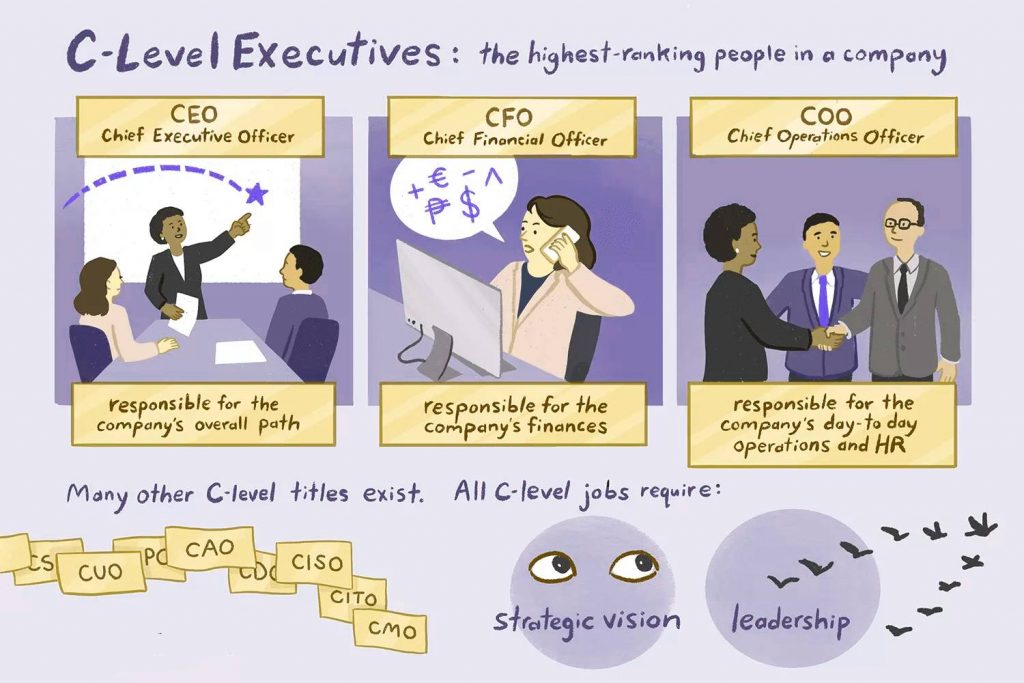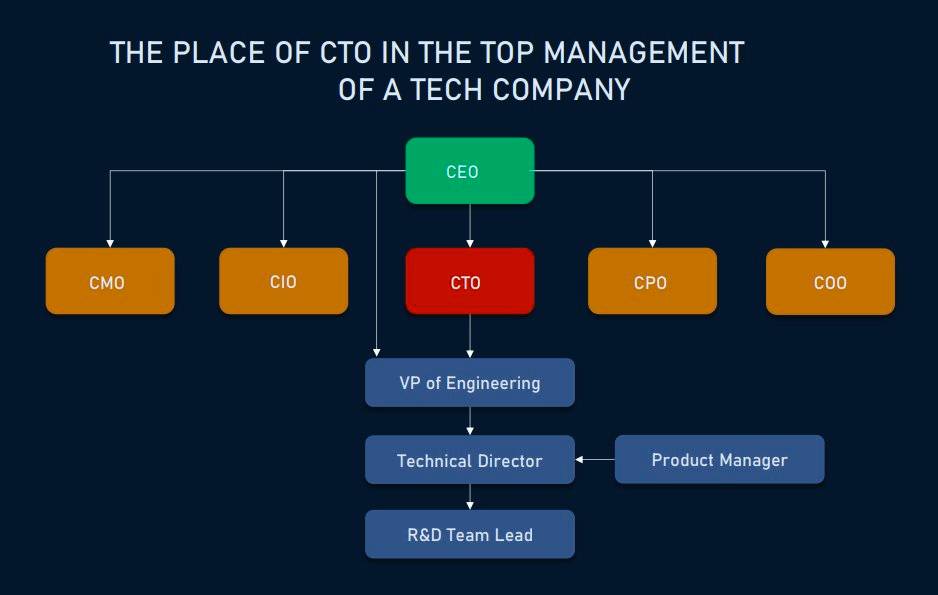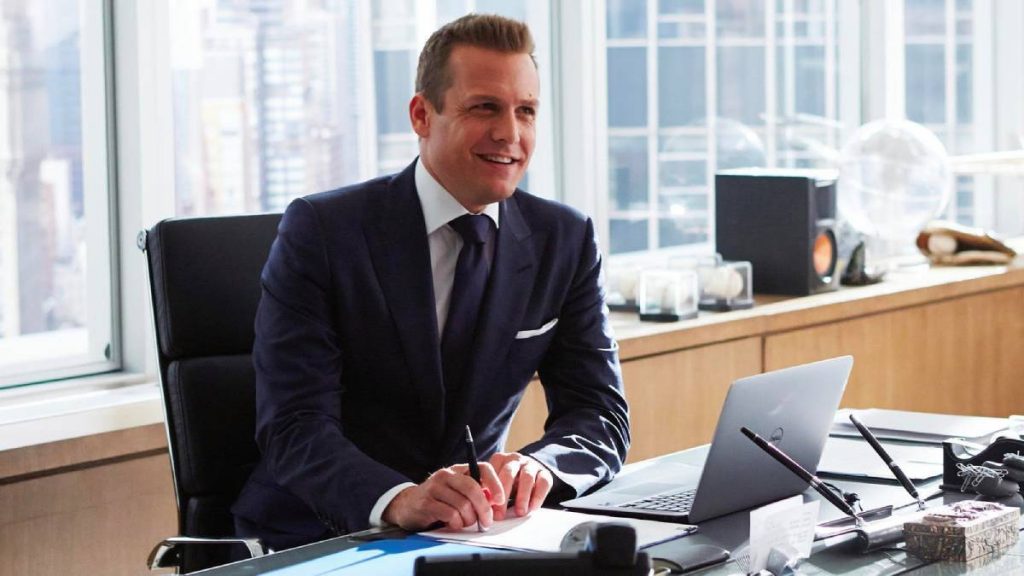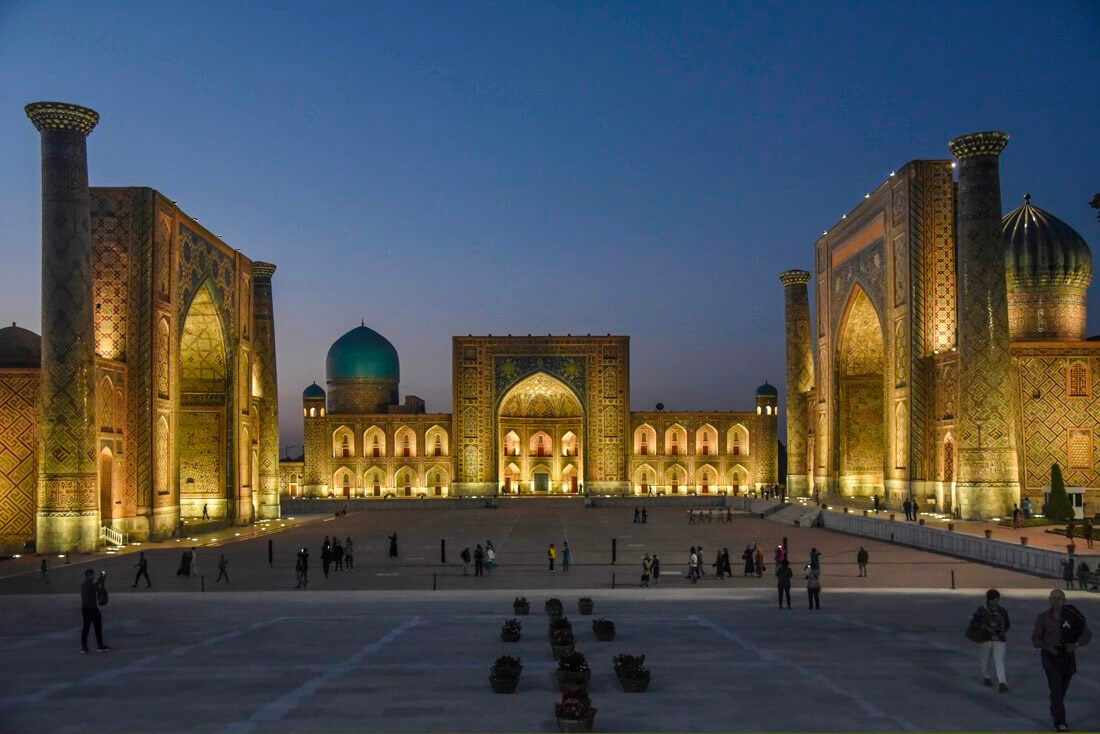The Chief Operating Officer - COO - is a manager who controls the execution of routine tasks. To show in more detail where the scope of his responsibility is, he and the gender are often compared with a performer and a dreamer (visionary).

If you want your company to grow and develop steadily, distribute the functions that must be performed as quickly as possible, if not all at once, then at least the main ones. And, accordingly, recruit staff. Many will agree that if the chief operating officer, whose job responsibilities we are discussing, has been on the staff since the start of the business, he is doing well.
The General Director (CEO) is a dreamer, a visionary. His gaze is directed to the outside: the market, the search for investors, new ideas. That is, this is a leader, a master of communication, who sets goals, sets the bar.
COO is the one who creates the conditions for these goals to be achieved. This is a performer who looks inside the company. This is an organizer, a person who understands what needs to be done, how to plan work and implement what was planned.
And in this connection the following question arises.
As a rule, both employees have identical responsibilities. It’s just that in the near abroad, to designate a top manager who takes on the functions of controlling day-to-day processes, the wording “executive director” was used (since he is an “executor”). In the West, these functions are performed by the operating room. In addition, the very name of his position appeared when the term COO was translated from English.
At the same time, the role of a specialist is gradually becoming more complicated, and in some companies there are positions of both operational and executive directors:
That is, if the executive director establishes the relationship between strategic and tactical management, then the operational director takes over the whole routine.

The functions of the chief operating officer are reduced to the control of the implementation of daily business processes. In other words, this manager coordinates the process of functioning of the organization. In his competence:
Such a top manager must also have strategic thinking, foresight, creativity (he must be able to use innovation for the benefit of his company). Other important competencies: leadership, business acumen, results orientation, determination, excellent communication skills. A top manager will have to interact a lot with people, including both suppliers and staff. He must have skills in negotiation, conflict resolution.

The COO performs the following duties:
I must say that this top manager also ensures that the company's obligations to government authorities, creditors, partners, and other counterparties are fulfilled.
 What is P R bond?
27/11/2023
What is P R bond?
27/11/2023
 What is Compulsory Convertible Debentures?
27/11/2023
What is Compulsory Convertible Debentures?
27/11/2023
 Dynamics of Central Asian Economies
17/11/2023
Dynamics of Central Asian Economies
17/11/2023